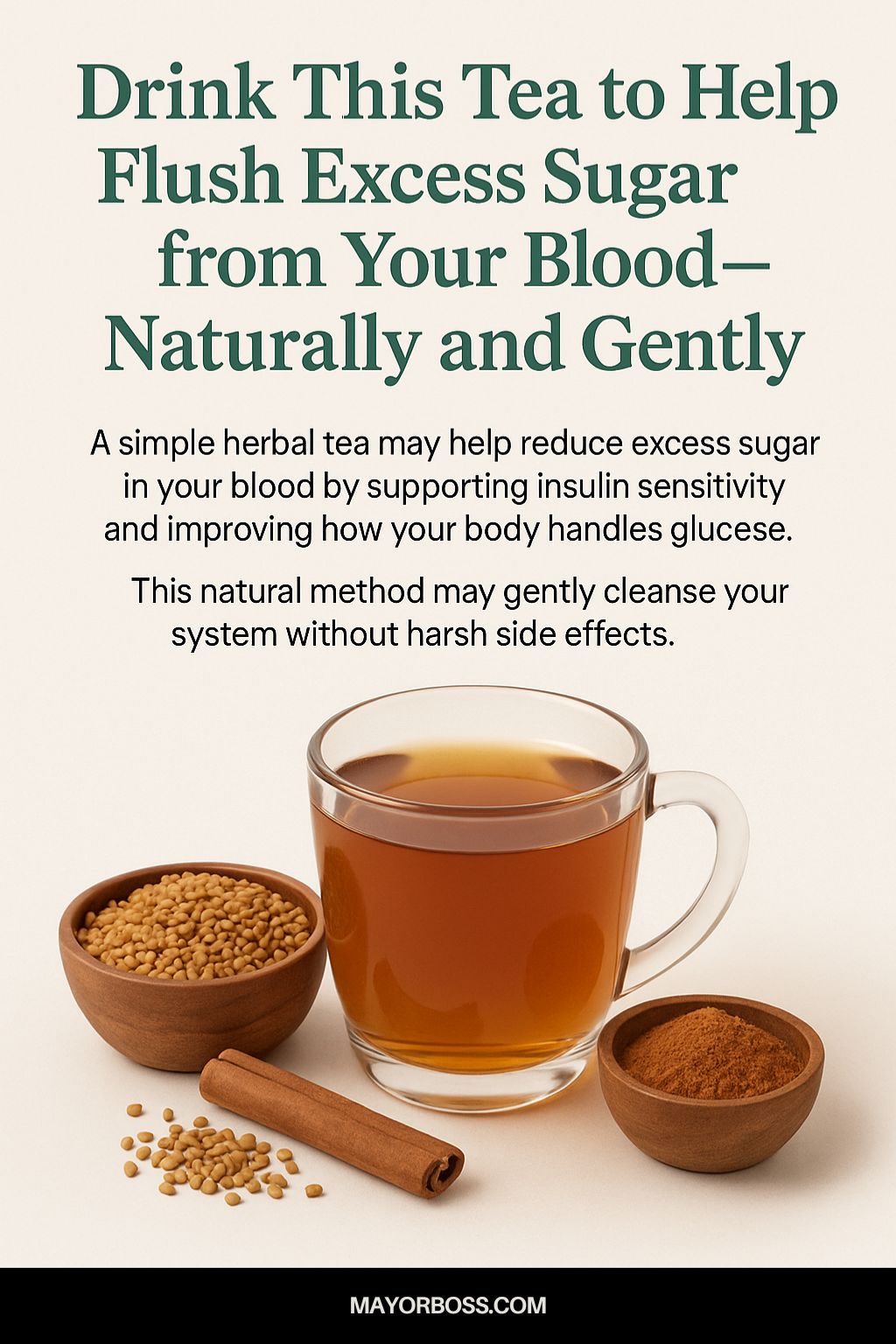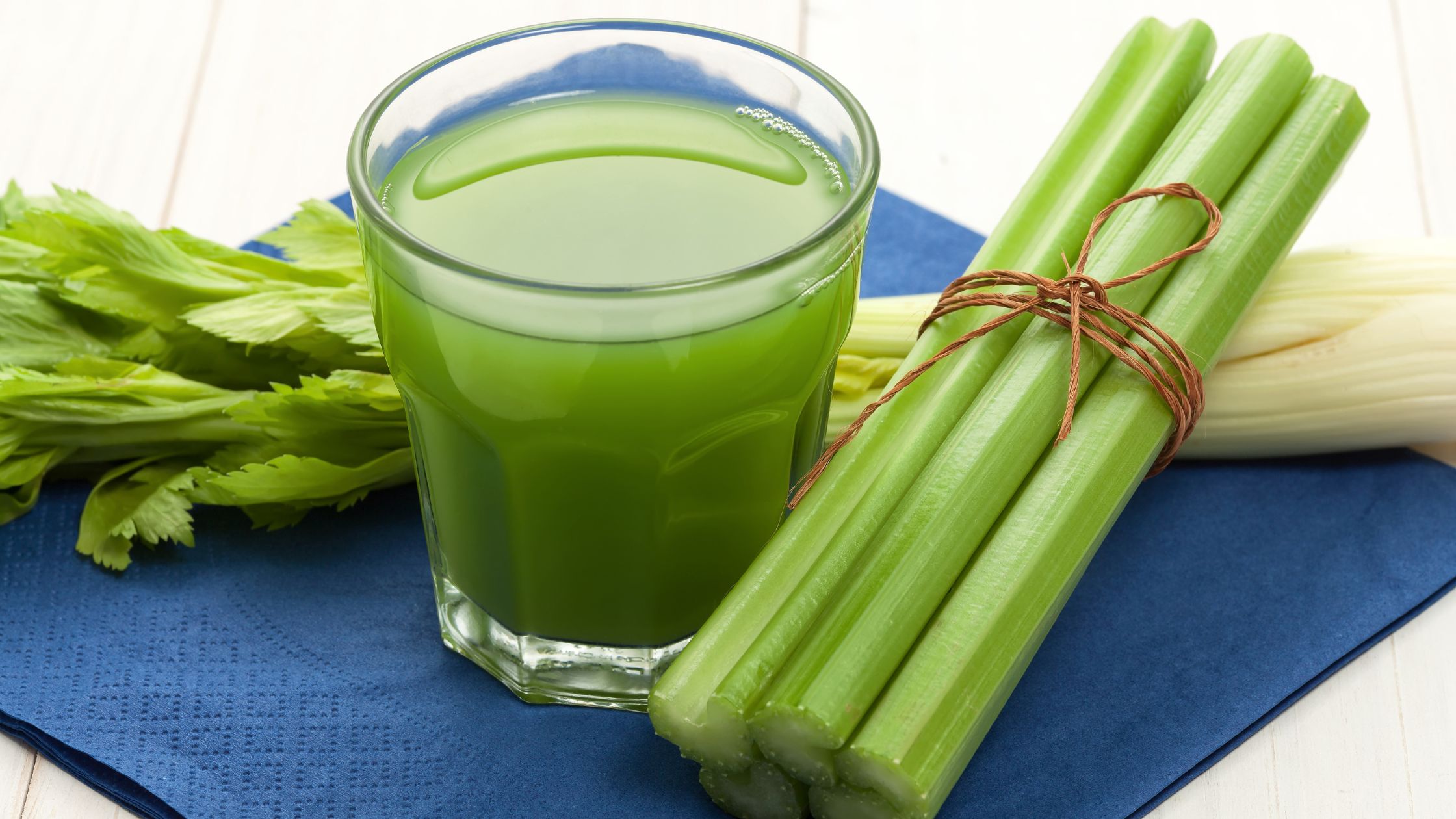What Is Vitamin E?
You may have heard of vitamin E and know that it’s good for you, but do you know what it actually is? Vitamin E is a fat-soluble vitamin that’s found in many foods, including leafy green vegetables, nuts, and seeds. This vitamin is important for several reasons, including maintaining healthy skin and eyes, boosting the immune system, and more.
Let’s take a closer look at what vitamin E is and how it can benefit your health.
What Is Vitamin E?
Vitamin E is an antioxidant that helps to protect cells from damage. This vitamin is found in many foods, including:
- Leafy green vegetables such as spinach and kale
- Nuts such as almonds and hazelnuts
- Seeds such as sunflower seeds and pumpkin seeds
- Vegetable oils such as corn oil and soybean oil
- Some fortified foods such as breakfast cereals and spreads
Vitamin E is also available in supplement form. However, it’s best to get this vitamin from food sources since they also contain other important nutrients.
Health Benefits of Vitamin E
Vitamin E has many potential health benefits, including:
- Maintaining healthy skin and eyes: Vitamin E helps to protect the body from UV damage and can help reduce the risk of developing cataracts.
- Boosting the immune system: This vitamin may help to fight off infection by boosting the immune system.
- Reducing inflammation: Vitamin E has anti-inflammatory properties that may help to relieve symptoms of conditions like arthritis.
- Preventing blood clotting: This vitamin helps keep the blood thin, reducing the risk of blood clots.
What are the different forms of vitamin E?
Vitamin E exists in eight different forms, but only alpha-tocopherol has been shown to be biologically active in humans. The other seven forms are beta-, gamma-, and delta-tocopherols and their corresponding acetates, which are molecules that act as antioxidants. All eight forms can be found in foods, but supplements usually only contain alpha-tocopherol.
How does vitamin E work?
When used as an antioxidant, vitamin E scavenges harmful toxins known as free radicals from the body. Free radicals can damage cells and lead to inflammation, so getting rid of them is important for maintaining good health. Vitamin E also helps to keep the immune system functioning properly by supporting white blood cell production and activity.
What are the signs of a lack of vitamin E?
Vitamin E deficiency is rare, but it can occur in people with certain conditions like Crohn’s disease or cystic fibrosis. Symptoms of vitamin E deficiency include:
- Muscle weakness
- Loss of muscle mass
- Immunity problems
- Loss of body movement control
- Impaired vision
- Numbness and tingling in the hands and feet
If you think you may be deficient in vitamin E, talk to your doctor. They can order a blood test to confirm whether or not you have a deficiency.
How much vitamin E do I need?
The amount of vitamin E you need depends on your age. According to the National Institutes of Health, the recommended dietary allowance (RDA) for vitamin E is:
| Age | Non-pregnant, non-breastfeeding people | Pregnant teens and women | Breastfeeding mothers |
| 0–6 months | 4 mg | ||
| 7–12 months | 5 mg | ||
| 1–3 years | 6 mg | ||
| 4–8 years | 7 mg | ||
| 9–13 years | 11 mg | ||
| 14+ years | 15 mg | 15 mg | 19 mg |
What is the best time to take vitamin E?
The best time to take vitamin E is with a meal at night. This will help ensure that the vitamin is properly absorbed by the body.
Are there any side effects of taking vitamin E?
Vitamin E is generally considered safe when taken as directed. However, taking large doses of this vitamin (more than 1,000 IU per day) can cause side effects such as headache, fatigue, blurred vision, nausea, and diarrhea. Vitamin E can also interact with certain medications, so it’s important to speak to your doctor before taking this supplement.
In conclusion
As you can see, vitamin E is an important nutrient with numerous health benefits. Be sure to include plenty of foods rich in vitamin E in your diet so you can enjoy these benefits for yourself!






